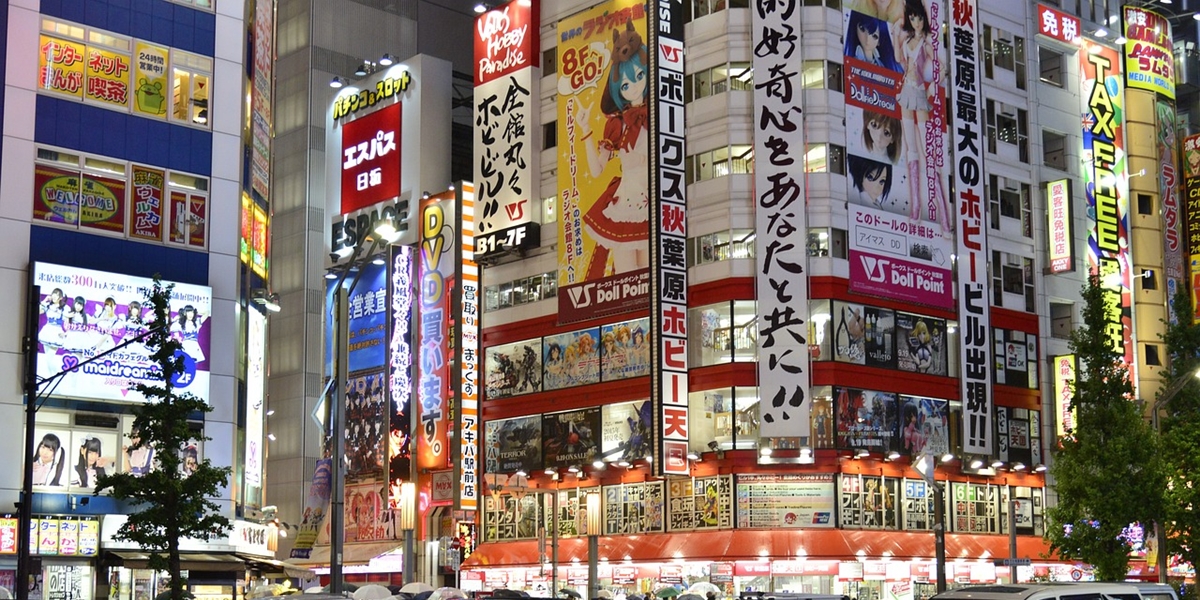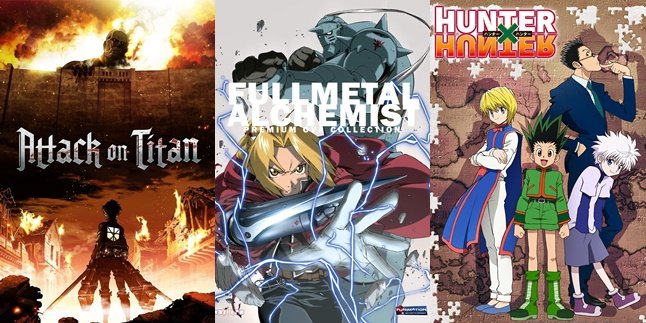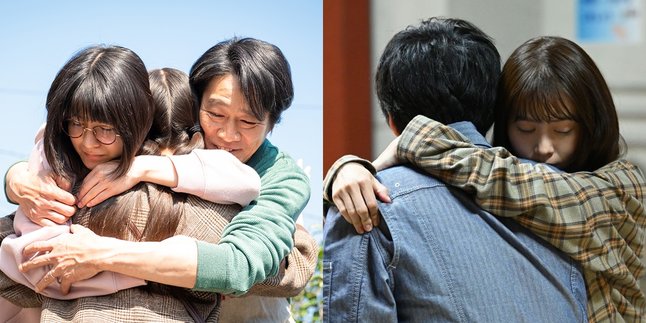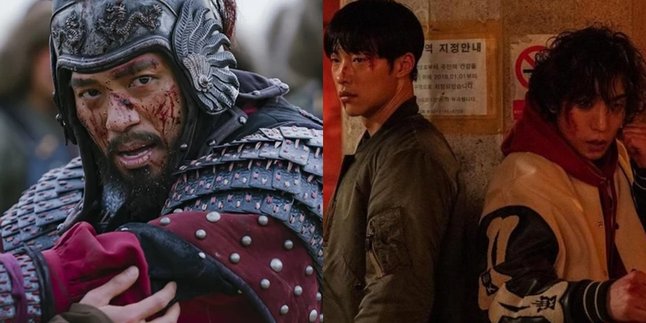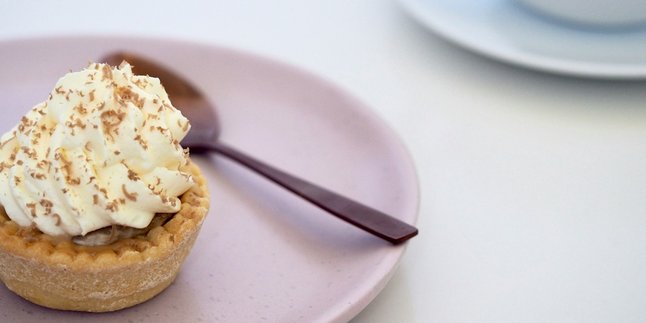Kapanlagi.com - In the subculture of anime and manga enthusiasts, the term "wibu" refers to individuals who show deep obsession with Japanese pop culture. With distinctive characteristics, wibu often display strong interests in anime, manga, and various other aspects of Japanese culture.
From the obsession with animated characters to the use of Japanese phrases in daily conversations, the characteristics of wibu reflect a deep love for Japanese culture. And usually, wibu can be easily recognized by some people.
In this article, Kapanlagi will provide distinctive characteristics of wibu that differentiate them from other pop culture fans. Let's check it out, KLovers.
1. What is Wibu?
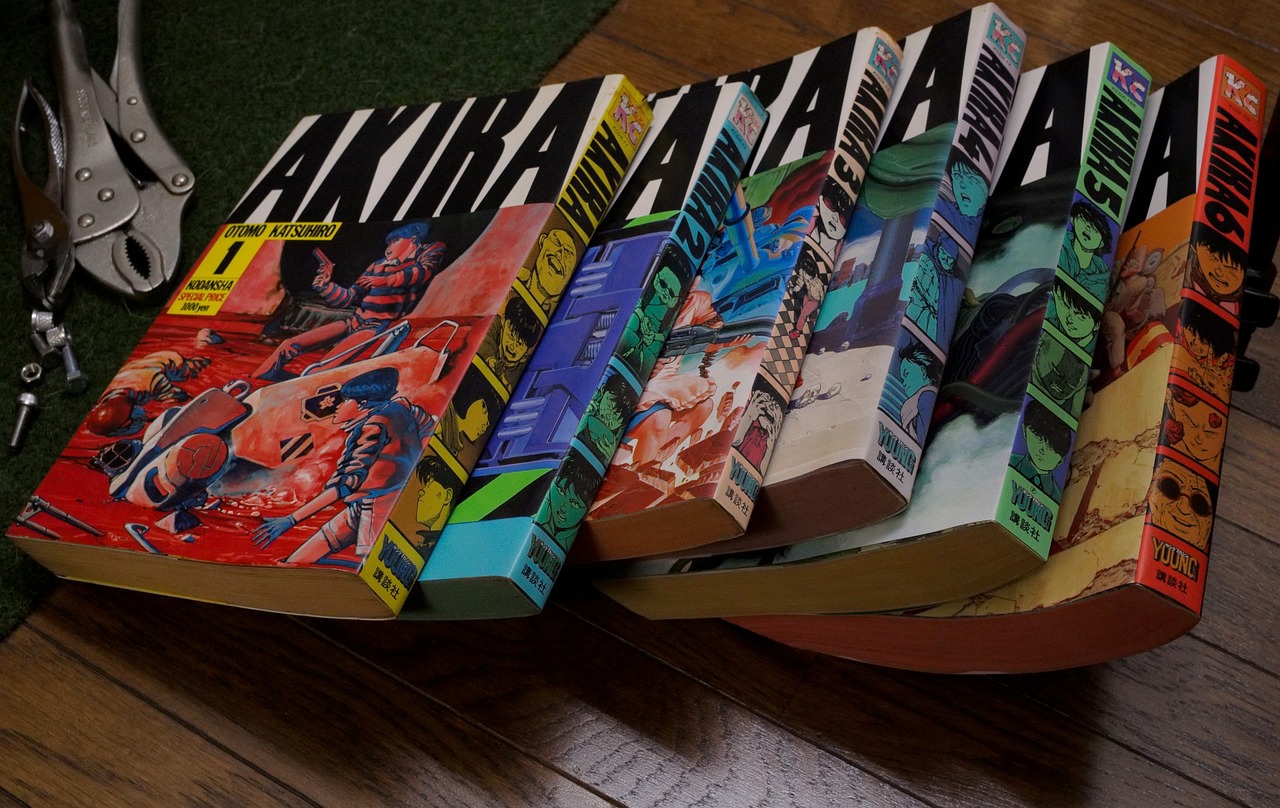
Illustration (credit: pexels.com)
Before knowing the characteristics of wibu, KLovers need to know what wibu is first. Yes, wibu is a popular term that comes from the Japanese language, "weaboo". It refers to someone who has an obsession or excessive interest in Japanese pop culture, especially anime, manga, and Japanese video games.
Wibu often immerses themselves in Japanese culture, such as learning the Japanese language, wearing Japanese-style clothing or accessories, and adopting a lifestyle influenced by Japanese pop culture. This term is used informally and can have negative connotations, especially when used to refer to someone who is overly obsessive or fanatical.
2. Characteristics of Wibu
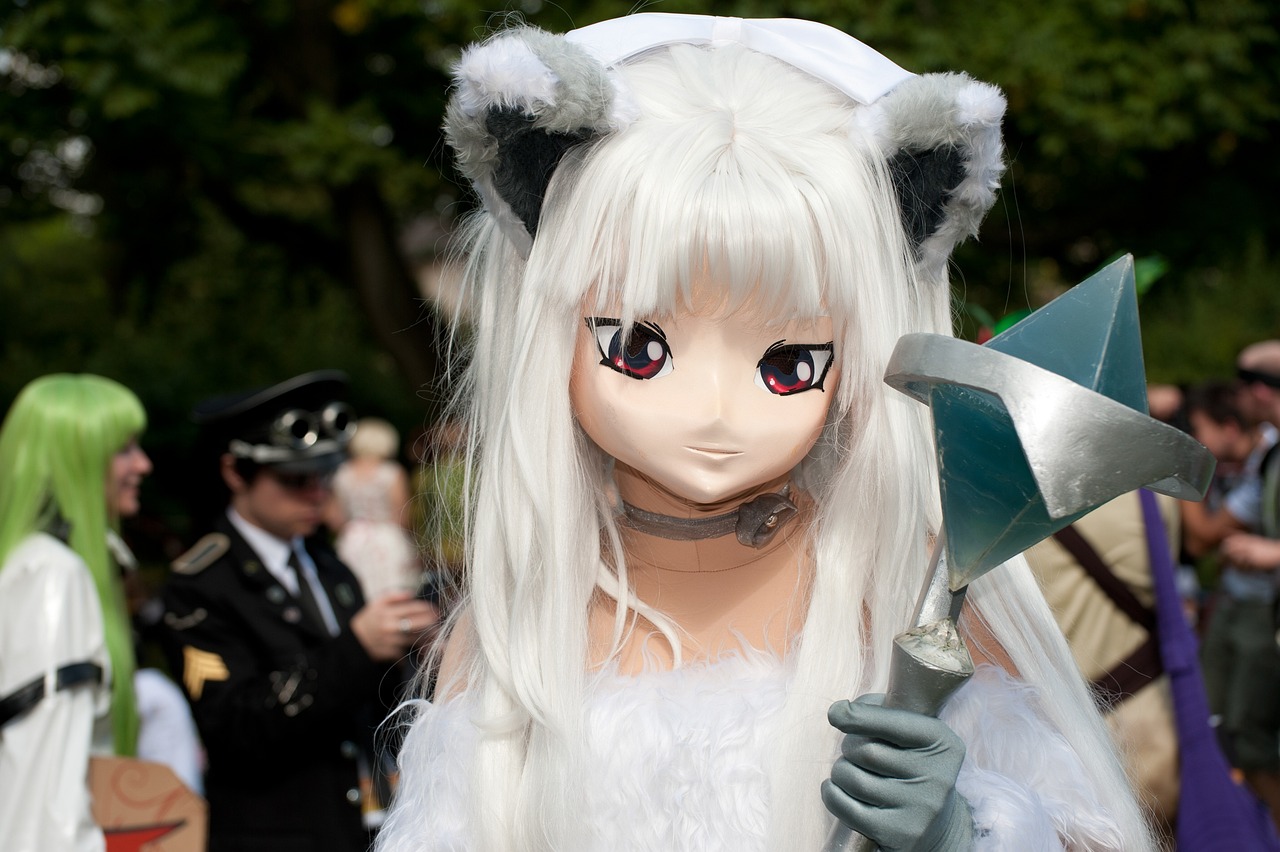
Illustration (credit: pexels.com)
Well, there are several general characteristics of wibu that you should know. These characteristics can vary, but there are some common signs that are often seen in individuals who fall into the following categories:
1. Obsession with Anime and Manga
A wibu tends to have a strong obsession with anime (Japanese animated series) and manga (Japanese comics). They may spend a lot of time watching anime or reading manga, and have a large collection of both.
2. Love for Japanese Culture
Wibu have a strong interest in Japanese culture in general, including music, food, language, and traditions. They may study the Japanese language, follow the development of Japanese pop culture, and even try to adopt the Japanese lifestyle.
3. Using Japanese Terms
Wibu often use Japanese terms or phrases in their everyday conversations, even if they are not fluent in Japanese. This includes terms commonly used in anime and manga, such as "kawaii" (cute) or "otaku" (fan).
4. Customization and Cosplay
Most wibu have an interest in customization or cosplay, which involves dressing up as characters from their favorite Japanese anime, manga, or video games. They may often attend cosplay events or anime conventions.
5. Online Activities
Wibu tend to be active in online communities focused on anime, manga, and Japanese pop culture. They may become members of discussion forums, social media groups, or content sharing platforms like Reddit or Discord.
6. Merchandise Collection
Another characteristic of wibu is that they often have extensive merchandise collections, such as dolls, posters, figures, or other items related to their favorite anime or manga.
7. Extreme Behavior or Fanaticism
In some cases, wibu may exhibit extreme behavior or fanaticism towards anime, manga, or Japanese pop culture in general. They may spend most of their time and money pursuing this hobby, even neglecting their responsibilities or other activities in their lives.
3. History of Wibu
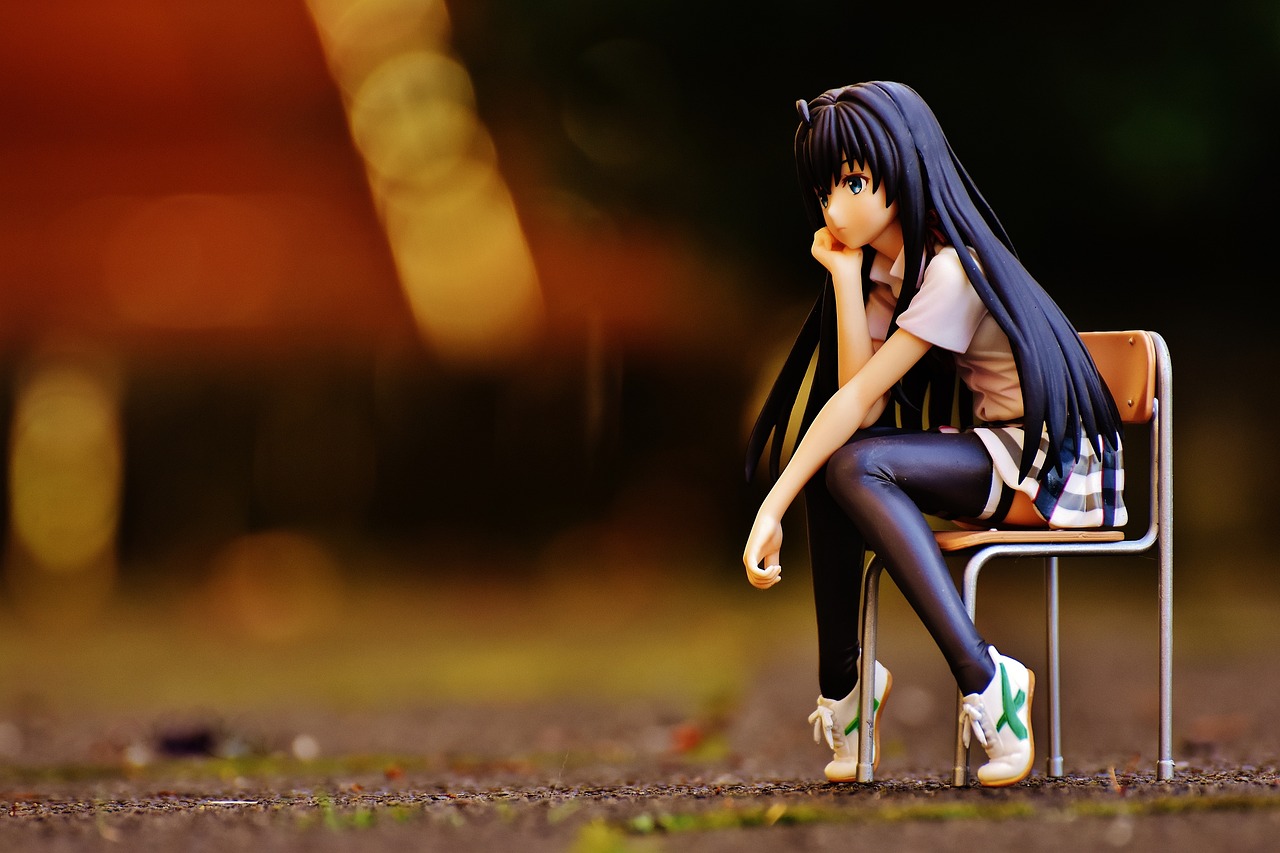
Illustration (credit: pexels.com)
After knowing the characteristics of wibu, you can also learn about the history of wibu itself. The term "wibu" or "weaboo" comes from the Japanese language, which originally was a term used in online forums in the United States in the early 2000s.
This term first appeared in internet community forums where members discussed Japanese culture, including anime, manga, and video games. Initially, this term was used neutrally or even positively to refer to fans who were enthusiastic about Japanese culture.
However, over time, the term "weaboo" began to have negative connotations. This term is used to refer to people who are considered too obsessive or fanatical about Japanese culture to the point of neglecting their own culture or even exhibiting disruptive behavior.
Especially in an effort to imitate or become part of Japanese culture. In its development, this term was adapted into "wibu" in the Indonesian language, and the use of this term expanded among Japanese pop culture enthusiasts in Indonesia.
Although still used for fans of anime, manga, and Japanese culture in general, the term "wibu" is often used jokingly or derogatorily to describe someone who is too obsessive in their love for Japanese culture.
With the growth of the anime and Japanese culture fan community in Indonesia, the term "wibu" remains relevant to this day and has become part of the widely used vocabulary, especially among teenagers and Japanese pop culture enthusiasts.
That is the explanation of the characteristics of wibu. However, not all fans of Japanese pop culture have all these characteristics, and there is a great variation among individuals in the anime and manga fan community.
(kpl/dhm)
Disclaimer: This translation from Bahasa Indonesia to English has been generated by Artificial Intelligence.
